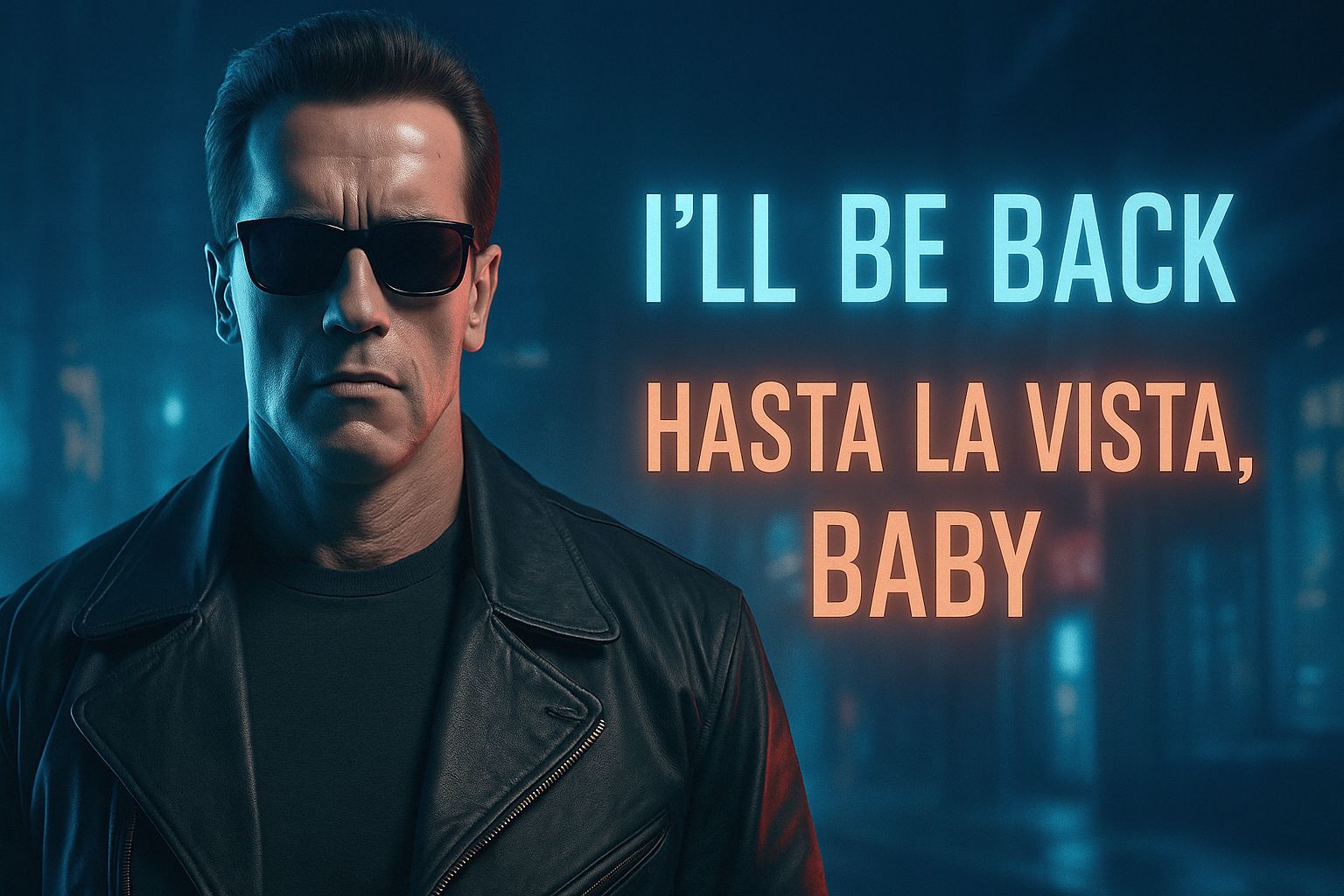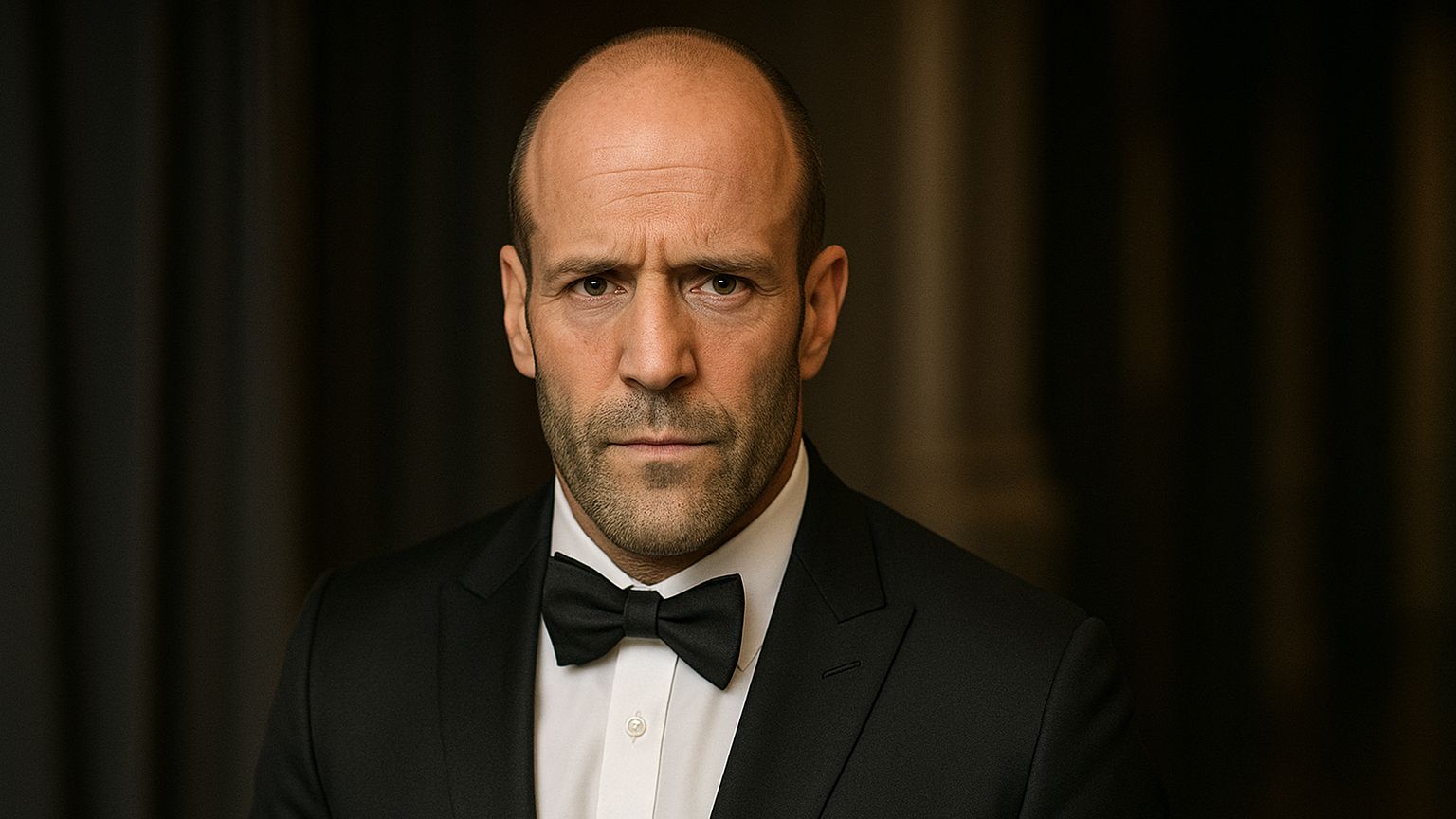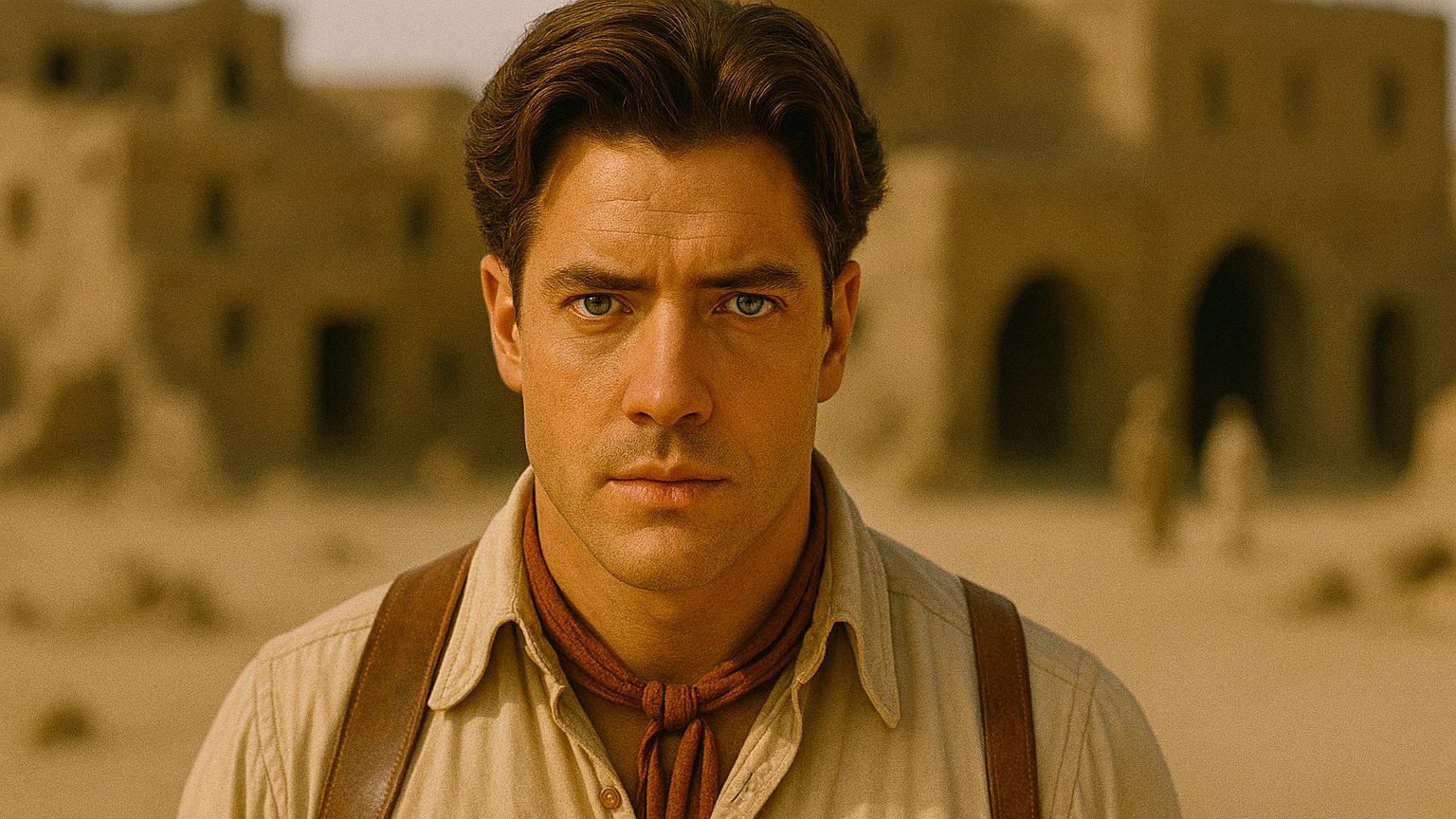From Cybernetic Assassin to Pop Culture Powerhouse
He wasn’t programmed for conversation, but somehow, The Terminator became one of the most quotable characters in movie history. He came from the future with red eyes, steel bones, and very few words—but every single one hit like a cybernetic mic drop. With a limited vocabulary and a voice that could make even GPS directions sound like a threat, the Terminator didn’t just rewrite the rules of action movies—he rewrote the dictionary of cinematic cool. Whether he was hunting Sarah Connor, protecting John Connor, or standing stoically in a sea of explosions, Arnold Schwarzenegger’s T-800 (and its various upgraded versions) delivered lines that didn’t just advance the plot—they became the plot. These quotes didn’t whisper—they roared. They exploded into pop culture with the subtlety of a shotgun blast, echoing across decades, sequels, memes, and lunchbox lids. But why did they land so hard? What makes these quotes so iconic, so enduring, so… memeable? The answer lies not just in the writing, but in the voice, the context, the sheer unrelenting presence of the Terminator himself. In this article, we’re taking a gleeful, explosive, time-traveling tour through The Terminator’s most memorable quotes—from the famous to the fierce to the downright philosophical.
“I’ll Be Back” — The Quote That Became Immortal
Let’s start with the obvious. The quote. The phrase that has outlived movie franchises, crossed into politics, and is probably printed on 10,000 coffee mugs.
“I’ll be back.”
In The Terminator (1984), this line is delivered with almost casual menace. The T-800 walks into a police station, scans the layout with that creepy red-eye glance, and then delivers the line in Arnold’s Austrian-accented monotone. Moments later, he literally drives a car through the building. If you ever wanted to define “understatement,” this is it.
But what makes it legendary is its sheer adaptability. You can say it before leaving a room, before diving into battle, before ordering takeout. It’s a promise, a threat, a punchline—and all of it delivered in three tiny words. It was even voted one of the greatest movie quotes of all time by the American Film Institute. The beauty is in its simplicity. It doesn’t just echo. It looms.
“Come With Me If You Want to Live” — The Unexpected Lifeline
This line debuted in the first film, but became truly iconic when used again in Terminator 2: Judgment Day (1991). Imagine the scene: Sarah Connor, locked in a mental institution, sees the machine that once tried to kill her walking toward her again. Panic sets in. And then, boom—he stretches out his hand and says:
“Come with me if you want to live.”
It’s simple, dramatic, and speaks volumes. It’s the moment where the past is rewritten, where the villain becomes the protector, and where the entire audience feels the tension snap into excitement.
It’s also been parodied, quoted, and re-used in everything from cartoons to sitcoms. It’s not just a line—it’s a lifeline. A moment that says, “I know you don’t trust me, but this is your only shot.” And it sticks with us because it carries the weight of a narrative twist, a complete 180-degree flip in character arc—and because it sounds cool. Admit it, you’ve said it at least once while helping someone out of an elevator or dodging shopping carts.
“Hasta La Vista, Baby” — The Coolest Exit in Cinematic History
Now we enter the Terminator 2 era of swagger and sarcasm. T-800, now reprogrammed and rocking the shades-and-shotgun combo, is starting to learn human lingo—from a teenage John Connor, no less. And when it comes time for a kill shot? He doesn’t just shoot. He quips:
“Hasta la vista, baby.”
Boom. Liquid metal explodes. The T-1000 freezes and shatters. And the world collectively gasped and said, “Ohhhh, SNAP.”
This line is the perfect fusion of language and attitude. It’s a goodbye. It’s a joke. It’s a flex. It made every viewer wish they could deliver it just once in real life. Schwarzenegger’s deadpan delivery elevates it from cheesy to legendary. It’s funny, final, and strangely charming coming from a killer robot.
It also showcases one of the wildest things about Terminator 2—this machine is learning to be human. He’s trying out catchphrases. He’s mimicking slang. And in that moment, we realize the Terminator is becoming something more than a program—he’s becoming a character.
“Get Out” — The Shortest Scare
Sometimes, one word is all you need. In The Terminator (1984), the T-800 hijacks a car. A terrified driver sits inside. The Terminator looks at him and says:
“Get out.”
It’s not yelled. It’s not dramatic. It’s just delivered with cold, deadpan certainty. And the guy? He doesn’t hesitate. He just gets out. Wouldn’t you?
This line works because of its brutal simplicity. It’s pure efficiency. There’s no malice. No emotion. Just instruction. In that moment, you realize this is a machine that will not negotiate, will not argue, and absolutely will not stop. It’s terrifying precisely because it’s so calm.
This quote became instantly gif-able, used for everything from bad date escapes to awkward meetings. One word. One unforgettable beat.
“I Need Your Clothes, Your Boots, and Your Motorcycle” — Peak Power Move
The opening of Terminator 2 is one of the greatest reintroductions in cinematic history. The T-800 arrives, naked, in a flash of lightning. He walks into a biker bar. Music screeches to a halt. And then he delivers this line to a grizzled man with a beard:
“I need your clothes, your boots, and your motorcycle.”
What follows is an iconic beatdown, a wardrobe upgrade, and one of the coolest slow-motion exits ever filmed. But it all starts with this line—a demand so bold, so absurd, and yet so confidently inevitable that you can’t help but grin.
It’s not just a quote—it’s a thesis statement. The Terminator doesn’t beg. He doesn’t bargain. He takes. And when he asks, you give. It’s a perfect storm of character tone, situation, and bravado.
“I Know Now Why You Cry, But It Is Something I Can Never Do” — Heartbreaking Humanity
Not all memorable quotes are action-packed one-liners. Some hit you right in the feels.
At the end of Terminator 2, the T-800 chooses to sacrifice himself to save humanity. As he’s being lowered into molten steel, he turns to John Connor and says:
“I know now why you cry, but it is something I can never do.”
And with that, every ’90s kid sobbed into their popcorn.
This quote is the emotional culmination of the Terminator’s journey from killer to protector, from machine to something close to human. It’s haunting. Poetic. Sad. It reminds us that this character, while programmed, has evolved. And yet, he knows he’ll never fully understand human emotion.
It’s the perfect paradox: a robot who understands emotion so deeply that he recognizes his own inability to feel it. That’s powerful writing—and powerful acting. And it cements this quote as one of the most unexpected tearjerkers in action movie history.
“Talk to the Hand” — The Meme Lives On
By Terminator 3: Rise of the Machines, the franchise had embraced the humor of the T-800’s evolving personality. In one moment of pure early-2000s sass, the Terminator responds to an angry cashier with:
“Talk to the hand.”
It’s so dated. So cringey. And yet—so iconic.
Why does it stick? Because it’s the Terminator trying to blend in. Trying to be human. It’s awkward. Hilarious. And it became a catchphrase overnight.
It showed that even decades in, this character could surprise us. Could make us laugh. Could throw us a wink without blinking. And that ability to play with tone is one of the reasons the Terminator remains unforgettable.
“This Is What It Means to Be Human” — Philosophical Machine Moments
While not always directly spoken in this exact phrasing, the Terminator’s journey across the films is punctuated by lines that explore humanity—not through emotional dialogue, but through sharp, simple reflections.
In Terminator: Dark Fate, we see Carl—a Terminator who’s lived a quiet life, found companionship, and even jokes about his job hanging drapes. It’s a wild twist on the concept: a killer machine who has learned to live.
Through lines like “I won’t be back,” or “I understand,” we see echoes of something deeper. The idea that a machine can learn empathy. That programming doesn’t define destiny. That purpose can evolve.
These quieter lines may not get printed on t-shirts, but they’re no less iconic. They’re the ones that stick in your chest long after the credits roll.
Why the Terminator’s Quotes Hit So Hard
So what is it about these quotes that makes them endure?
It’s partly the delivery—Arnold’s stoic voice, his precise phrasing, his unmatched physical presence. But it’s also about contrast. The Terminator shouldn’t be quotable. He’s a machine. But every time he speaks, it means something. It’s charged. It’s clean. It cuts through the noise.
It’s also the writing—short, bold, and built for memory. These lines weren’t just written for the moment. They were written to echo. And echo they did—into memes, pop culture, politics, and parodies. Into everyday conversations. Into our collective vocabulary.
The Endoskeleton of Legacy
The Terminator may not be programmed for poetry, but his quotes are etched into cinematic history. They’re more than lines—they’re moments. Bursts of character. Echoes of theme. Shorthand for ideas bigger than the movie itself.
And as long as movies are watched, memes are shared, and someone walks into a room and casually says “I’ll be back,” the Terminator’s legacy will endure.
Because that’s what legends do.
They come back.




